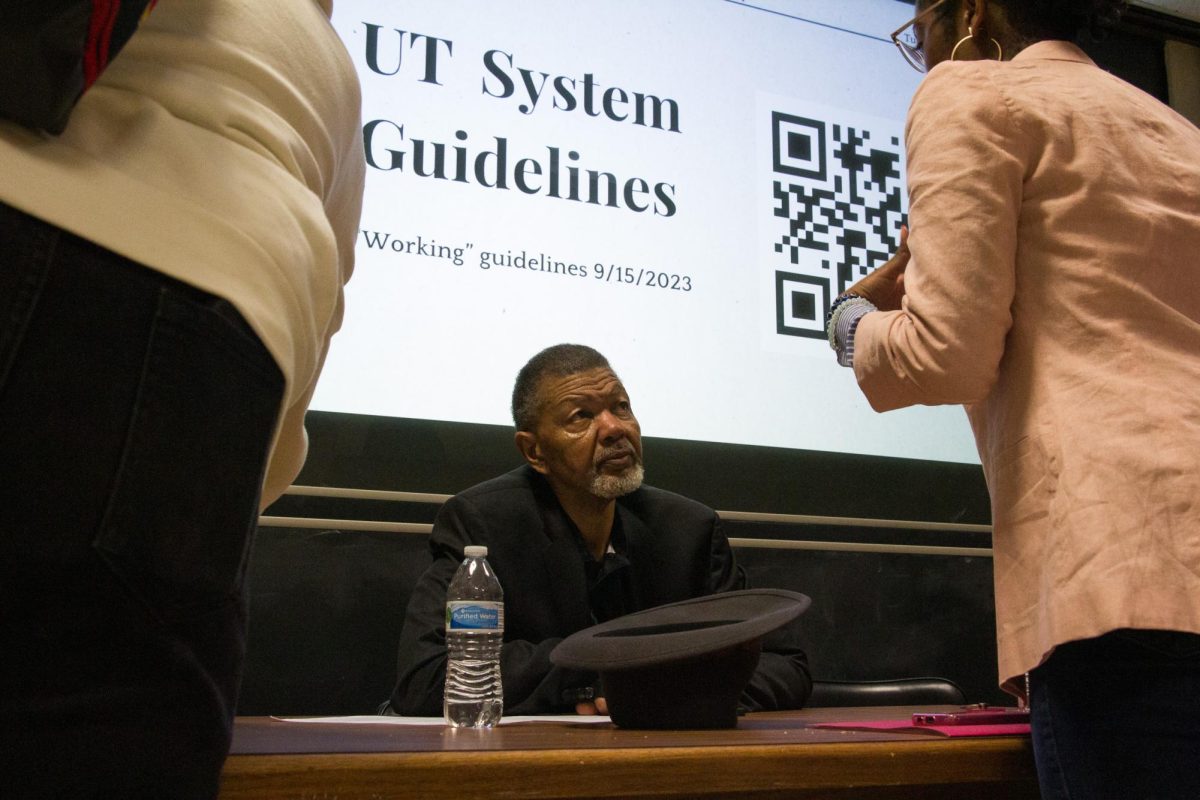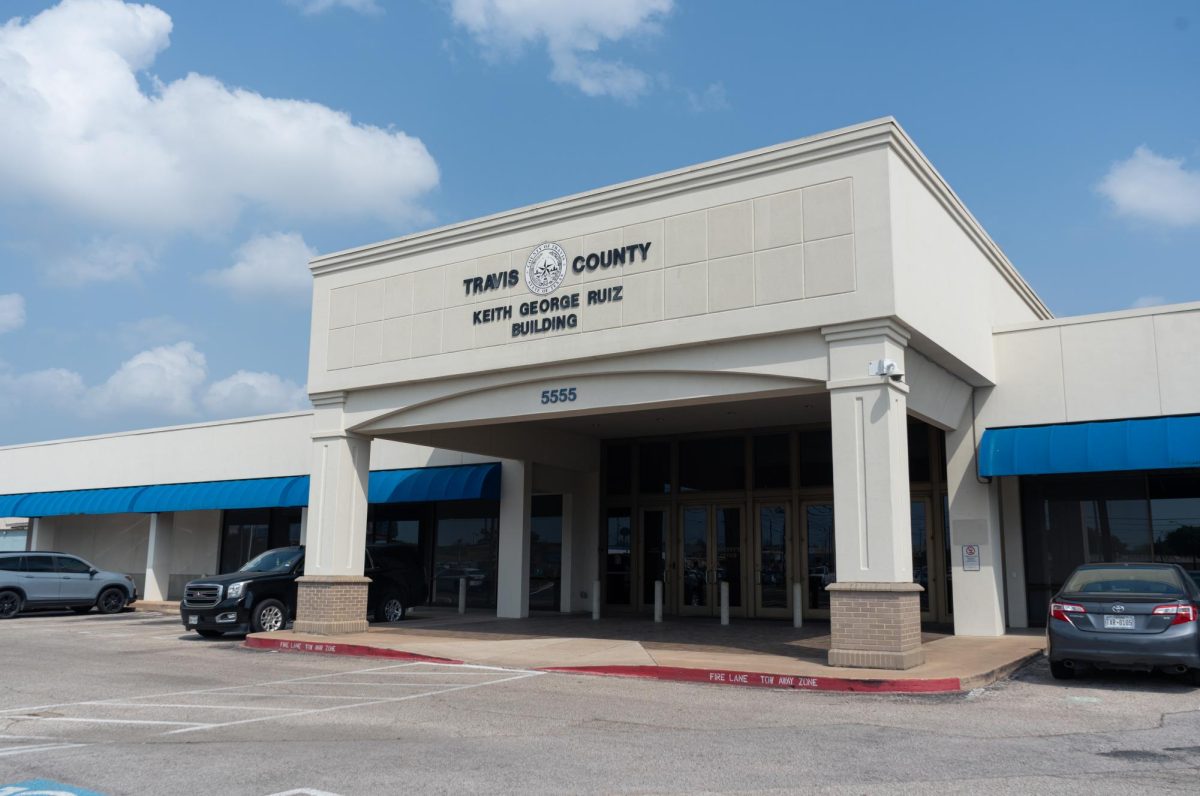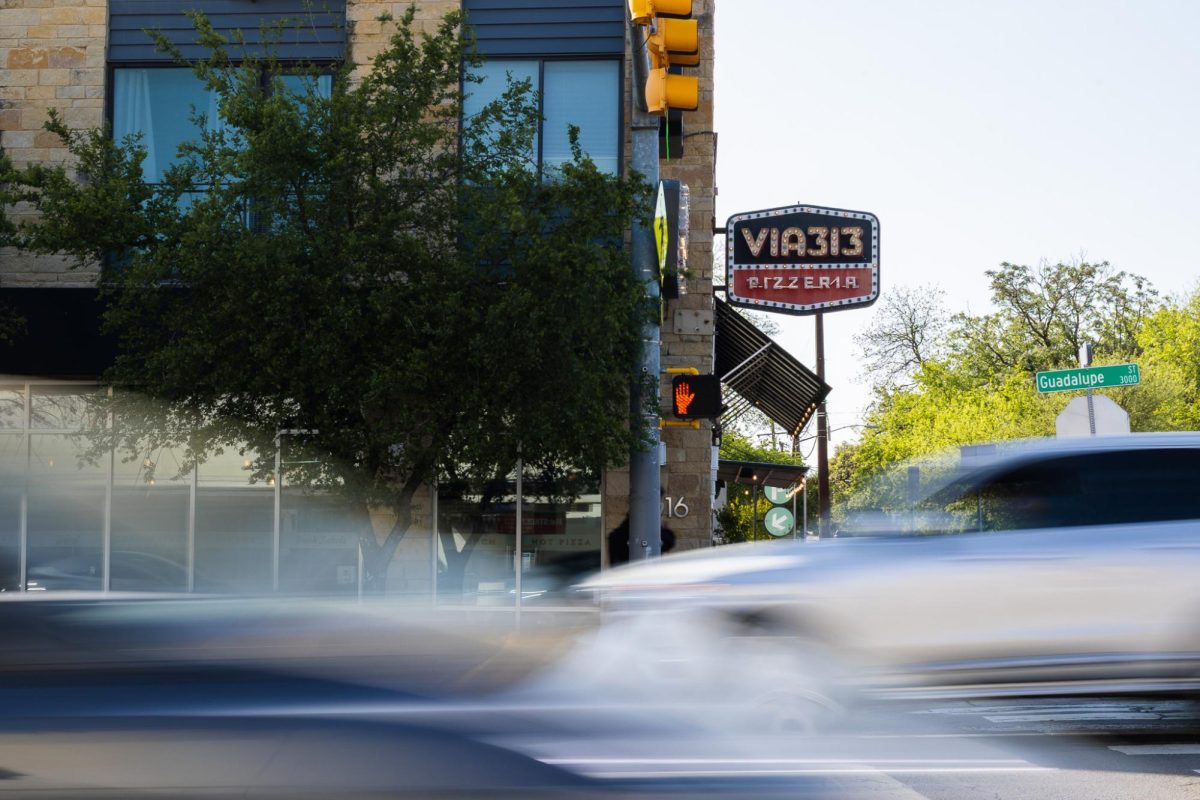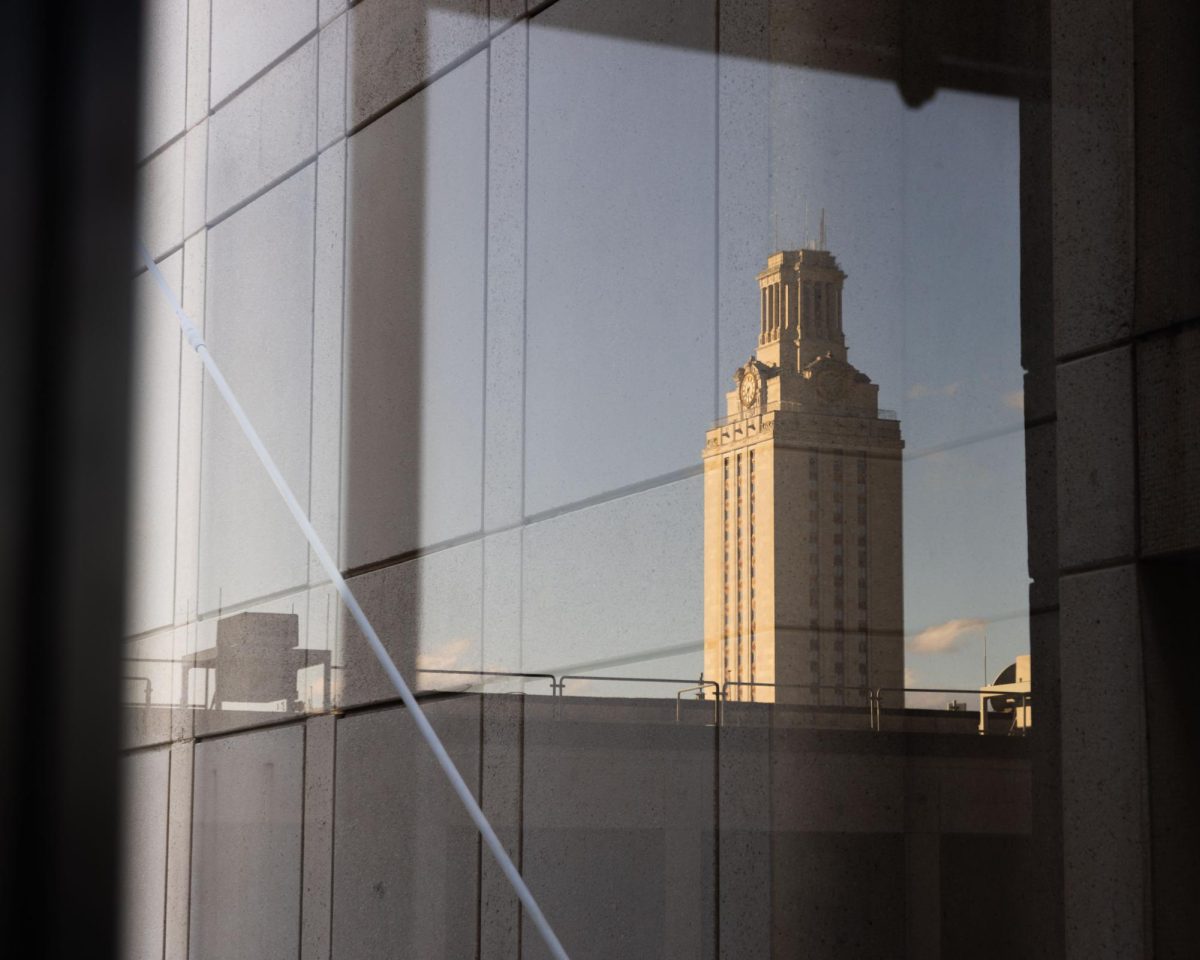Make voices heard, come together with allies, vote down the entire ballot and attack the thing universities care about the most: funding, speakers said at the Texas Student Caucus hosted by the Onyx Honor Society on Tuesday.
Four Texas officials and hundreds of students gathered in the University Teaching Center to discuss the effects of Senate Bill 17, which banned diversity, equity and inclusion offices, mandatory trainings, and hiring practices.
“DEI affects more than just the Black community,” said Samaria Taylor, a member of the honor society. “It affects all the minority communities, especially the underrepresented minority communities here.”
The Caucus hosted four panelists: Texas NAACP President Gary Bledsoe, Texas State Rep. Ron Reynolds, La Marque Councilwoman Kimberly Yancy and Pflugerville Councilman Rudy Metayer.
Faculty, UT students and Huston-Tillotson University students filled all 102 seats, forcing the Society to open three extra rooms, including the Malcolm X Lounge which Yancy fought to build in 1995.
Student speaker Kaitlyn Koba kicked off the event by reading an original poem about graduation.
The University removed the Multicultural Engagement Center’s cultural graduations and closed the Center to comply with SB 17.
“Before I leave, please shake my hand,” Koba read aloud. “Consume my palm and ability to reach and make room for those behind me, whose grips have slipped due to your insecurity. That we may consume the rooms you occupy to orchestrate superiority.”
When Bledsoe’s family attended the University, he said students were forced to travel to East Austin to eat because of segregation around campus. He fought to outgrow those ideals, but he said SB 17 enables a chain of attacks on DEI that he expects will follow.
“People need us right now,” Bledsoe said. “We need to tell people (they) can’t take us for granted. You have the power to give people the information.”
Reynolds said coming together not only amplifies their voices but attracts funds from organizations supporting Black communities, like Texas Exes funding a new Black graduation.
“Our diversity is our strength,” Reynolds said. “Texas is one of the most diverse states in the nation. One of the reasons why we’re the fastest growing is because of this room. … But some people are threatened by this diversity.”
Yancy said the effects of SB 17 will prevail after graduation. She said despite Texas having the eighth-largest economy in the world, Latino and Black communities still make up a very small minority of it. She said she wondered what Black academia would amount to if Black students could not access equal wealth after graduation.
“They are watching what you guys do, so lead the way,” Yancy said. “That’s what we say, right? So now it’s time to lead the way.”
The Society confirmed they are working on plans to take further action in support of all minority communities on campus.
“(My hope) is to build an environment around (the fact that) we change this,” Taylor said. “This is not set in stone. We have a voice. We have the power to make change. We just have to be a united front in order to make change.”














